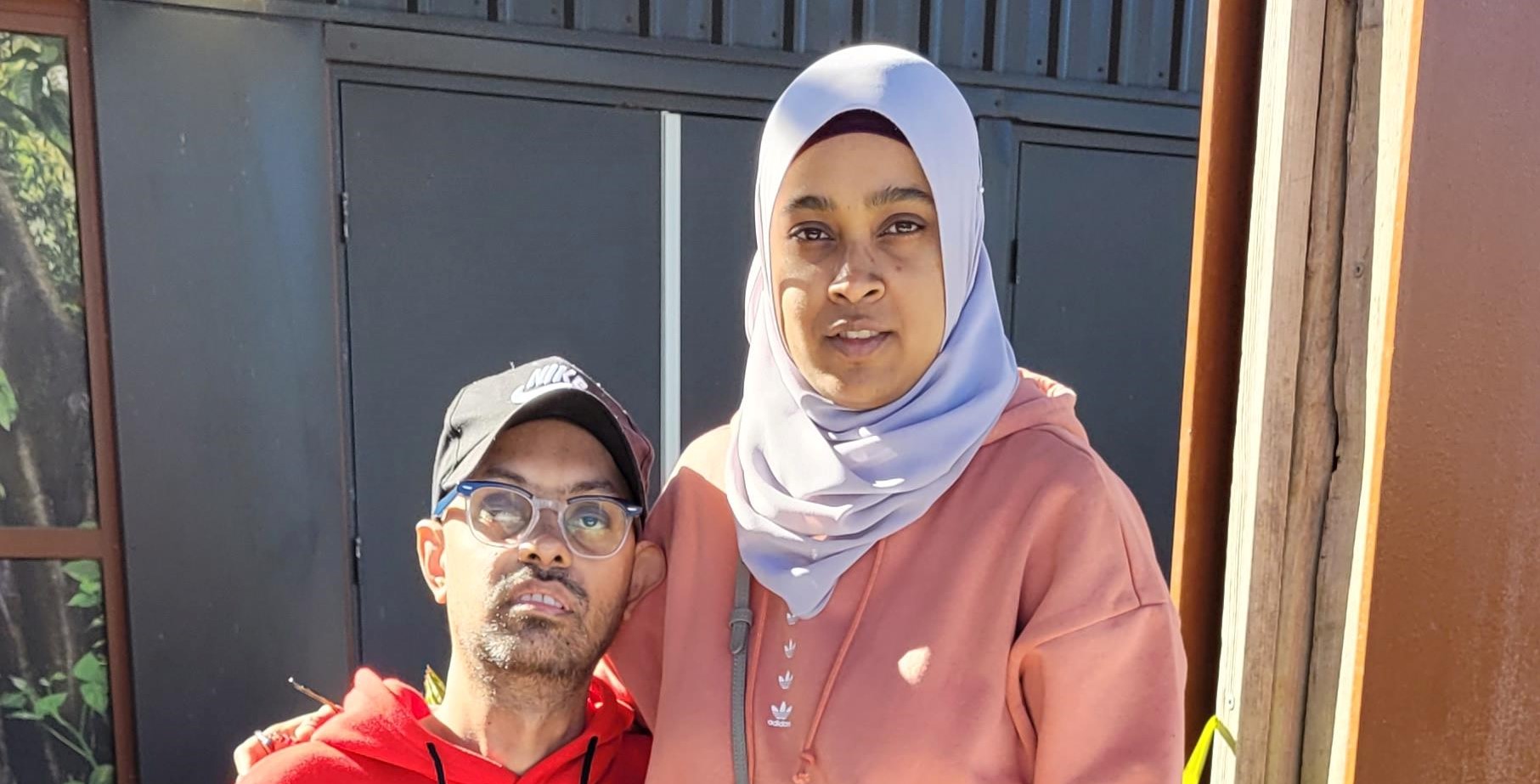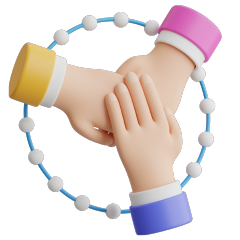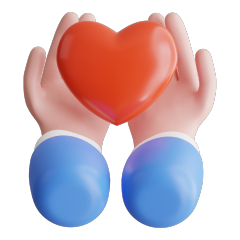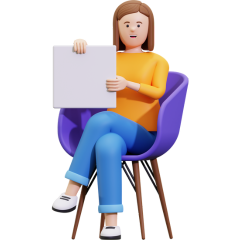Living with myotonic dystrophy: Mosheen and his support from Leora

“Myotonia” refers to the inability to relax voluntary muscles at will, so people with DM may be unable to let go of someone’s hand after shaking it, for example.
Our client Mosheen was diagnosed with myotonic dystrophy in 2013 at the age of 32. Often abbreviated as DM (from its Latin name: dystrophia myotonica), myotonic dystrophy affects muscles and many other organs in the body.
What is myotonic dystrophy?
Myotonic dystrophy is the most common form of muscular dystrophy (rare condition that affects the skeletal muscles) that begins in adulthood, when the person is in their 20s and 30s. It is caused by genetic changes and may be inherited, although severity may differ even among members of the same family.
Symptoms of DM include gradually worsening muscle loss and weakness. “Myotonia” refers to the inability to relax voluntary muscles at will, so people with DM may be unable to let go of someone’s hand after shaking it, for example.

As the disease progresses, the heart muscles may also weaken. According to Mosheen’s primary caregiver, his wife, Zoya, he had previous heart issues resulting in the need of a pacemaker.
The condition also affects the muscles of his diaphragm, which leads to nocturnal hypoventilation, or breathing that is too slow or shallow during sleep.
Becoming an NDIS participant
Diagnosis requires a specialist taking the patient’s family history and conducting a physical exam, along with laboratory tests.
Since diagnosis, Mosheen’s need for physical support and assistance have increased. Mosheen is unable to seek and maintain employment due to the degenerative nature of his condition.
Zoya shares that as a result of his conditions, Mosheen is experiencing difficulties when carrying out his activities of daily living, such as sleeping, showering, dressing, sleeping, eating and drinking, and when moving at home and around the community.
Specialists then referred him to the NDIA.
“Once his NDIS plan was approved, the area support coordinator suggested Leora as one of the service providers,” Zoya says. “We have been with Leora for about five years.”
‘A really good person’
While there’s no cure for DM, there are treatments and therapies that can assist with managing symptoms and improving quality of life. This includes medication and physical therapy.
Mosheen and Zoya remain optimistic, especially with a carer from Leora by their side.
“Safia is a really good person,” Zoya says, referring to their Leora Carer. “We all feel comfortable with her.

“At the moment, she is providing support by doing shopping for us and also providing transport services for Mosheen when he has to go for his doctor’s appointments and also if he wants to go out.
“Safia has her services on Tuesdays, but sometimes the doctor’s appointments are on some other days, but she is also flexible, which makes it easier for us.”
Fun outdoor activities
Mosheen and Zoya are blessed with a son, and one of Zoya’s wishes is for Mosheen to be able to walk more with them outside the home.
“He does go with us to the beach or the park, but he always feels that he will fall down, that’s why he always stays back in the car,” Zoya shares. “I would love to see Mosheen do a little bit of walk or exercise for his own good. We would like to spend more time together as a family doing fun outdoor activities.”
For more information, please visit:
Find experienced support workers with Leora Healthcare
Our amazing support workers will provide you with compassionate care at home and in the community to help you live more independently, achieve your goals and get the most out of life!





